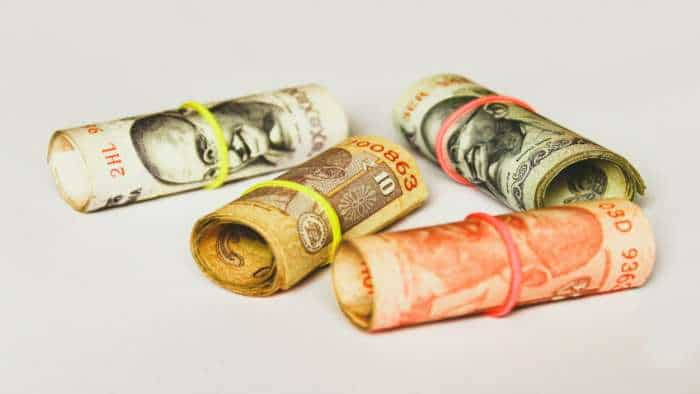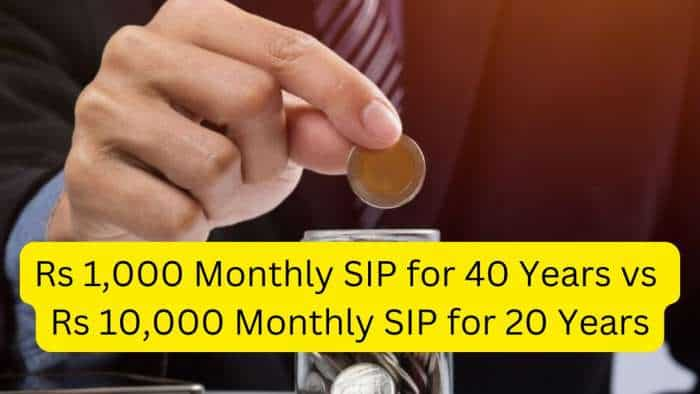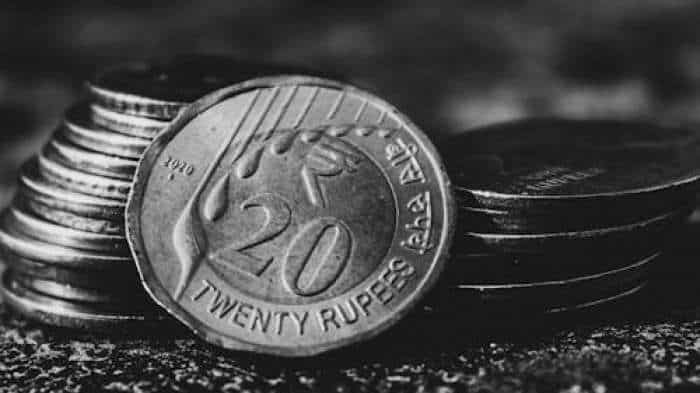Covid-19 Antigen Rapid Test: Singaporean researchers develop 97% accurate saliva test
"A reliable and painless saliva antigen test that is affordable and convenient to perform would encourage more to be tested, and more frequent testing. This may enable us to manage Covid-19 more effectively not only at the point of care, but also in settings such as airports, conventions and even at home," added Tng.

A novel saliva-based Covid-19 Antigen Rapid Test (ART) developed by researchers in Singapore can detect coronavirus infection within 15 minutes with 97 per cent accuracy.
Dubbed the Parallel Amplified Saliva rapid POint-of-caRe Test (PASPORT), it is easy to self-administer, deliver results in minutes, and has sensitivity close to the gold standard PCR test.
"Testing is an indispensable tool in the management of Covid-19 cases. Although PCR has been the gold standard, it requires trained personnel and laboratory infrastructure," said lead inventor Dr Danny Jian Hang Tng, Medical Officer at the Department of Infectious Diseases, SGH, and an adjunct Research Fellow at Duke-NUS` Emerging Infectious Diseases (EID) Programme.
"A reliable and painless saliva antigen test that is affordable and convenient to perform would encourage more to be tested, and more frequent testing. This may enable us to manage Covid-19 more effectively not only at the point of care, but also in settings such as airports, conventions and even at home," added Tng.
Compared to other amplification techniques, PASPORT is able achieve detection even at much lower viral loads, enabling it to be extremely sensitive. In a clinical study involving over 100 participants conducted at SGH, PASPORT`s sensitivity in detecting the virus was 97 per cent and its specificity, 90.6 per cent, compared to the gold standard PCR test, the team reported in the journal Microchimica Acta.
Unlike tests that use nasal or throat swabs, saliva-based tests are convenient and are more easily self-administered. But, until now, saliva tests for detecting SARS-CoV-2 have not been considered reliable enough to roll out at large scale.
PASPORT uses two types of nanoparticles -- one to bind the virus, and the second to bind the first set of nanoparticles to amplify the signal.
This makes testing using PASPORT more sensitive at finding and flagging the virus, and allows it to be used at any time of the day-its sensitivity is not compromised even after eating or drinking.
Duke-NUS and SingHealth have filed intellectual property protection for the invention, and have entered into a license agreement with Digital Life Line Pte Ltd, a Singapore-based company.
Get Latest Business News, Stock Market Updates and Videos; Check your tax outgo through Income Tax Calculator and save money through our Personal Finance coverage. Check Business Breaking News Live on Zee Business Twitter and Facebook. Subscribe on YouTube.
RECOMMENDED STORIES

Top 7 ETFs With Highest Returns in 1 Year: No. 1 ETF has turned Rs 8,78,787 investment into Rs 13,95,091; know how others have fared

Power of Rs 3,000 SIP: In how many years, Rs 3,000 monthly investment can generate corpuses of Rs 2 crore and Rs 3 crore? Know here

Latest SBI Senior Citizen FD Rates: How much senior citizens can get on investments of Rs 5,55,555, Rs 7,77,777, and Rs 9,99,999 in Amrit Vrishti, 1-, 3-, and 5-year FDs

Power of Compounding: How can you create Rs 5 crore, 6 crore, 7 crore corpuses if your monthly salary is Rs 20,000?

after bumper 2024 rs 2 lakh crore worth ipos expected in 2025 primary market nsdl avanse financial ecom express sebi approval
06:33 PM IST









 Centre may prepay market loans taken to compensate states for GST revenue loss during Covid years
Centre may prepay market loans taken to compensate states for GST revenue loss during Covid years Maternal Covid infection may raise social and breathing troubles in babies
Maternal Covid infection may raise social and breathing troubles in babies  Housing prices near peak level, nominal growth seen in coming years: C&W India head Anshul Jain
Housing prices near peak level, nominal growth seen in coming years: C&W India head Anshul Jain New Covid wave in Singapore: No need for panic, assures Tamil Nadu government
New Covid wave in Singapore: No need for panic, assures Tamil Nadu government Singapore seeing new COVID-19 wave, minister advises wearing of masks
Singapore seeing new COVID-19 wave, minister advises wearing of masks